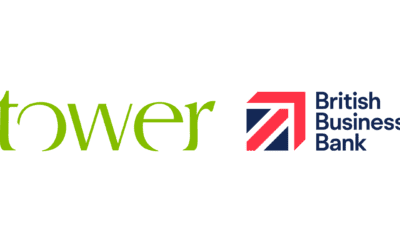1. Forecast your cashflow
Before you do anything else, the first step to take is to put together a cashflow forecast.
This forecast estimates all the cash inflows and outflows of the business – when you are expecting to be paid by customers and when you have to make payments – and how much and how this affects your available cash. There are many cashflow forecast templates available online or, if you are unsure, it is best to seek the help of your accountant or a financial adviser who can assist you in putting the forecasts together.The cashflow forecast will give you an indication of the extra funding that your business requires and help you identify any difficult months, especially if your business is seasonal.
It is usual for a potential finance provider to request this forecast when you apply.
2. Review your options to raise available cash
Secondly, see if there are other ways you could increase the cash available to your business. By making these small changes you could find your cashflow improves and your business requires less finance.
3. Find the right sort of finance
Once you have gone through the first two steps it’s time to consider your finance options. There are a wide range of options and their availability and suitability will depend on what your business does, how much it needs and the assets it has. Most lenders will want a form of security from the assets of your company and will also often require a personal guarantee from you as a director.
Bank loan – A traditional bank loan repayable over an agreed period. This will often require the assets of your business to be sufficient to cover the total amount of the loan in the case of default.
Invoice discounting or factoring – Invoice discounters will loan your business a proportion of the value of its invoices. This enables a business to obtain cash immediately upon issuing an invoice rather than waiting to be paid.
Peer-to-peer lending – Rather than a bank loan, online lending platforms are an alternative way to secure a loan and can be a quicker alternative.
Trade finance – Normally for large contracts. Trade finance providers will advance you cash to complete a specific order and then collect the sale proceeds from the customer providing you with the difference less their charges.
Cashflow loans – Distinct from traditional bank loans, these loans are often more expensive but available quickly.
Equity – An investor may be willing to purchase shares in your company providing additional cash but your ownership of the business will be diluted.
Get in touch with Tower Leasing if you require additional funding, call 01753 837 077
Source: Dailymail



